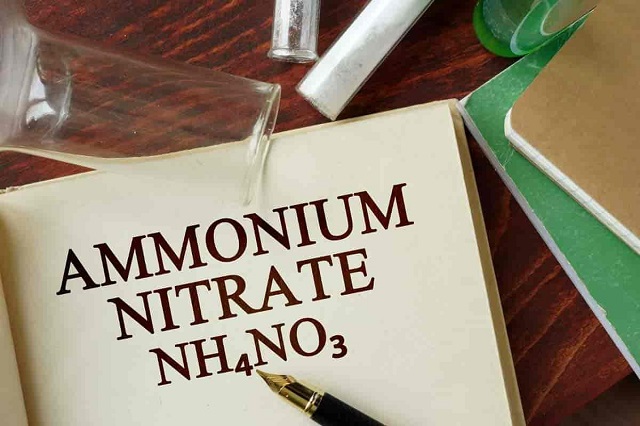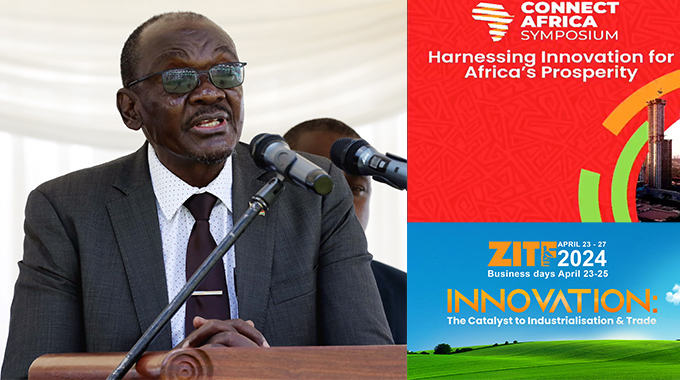‘SEZs to drive increased FDI, exports’

Business Editor
THE implementation of the Special Economic Zones (SEZ) policy is expected to attract increased foreign direct investment in different sectors and create export-led economic growth.
Macro-Economic and Investment Promotion Ministry Permanent Secretary, Dr Judith Kateera, said this in Bulawayo on Tuesday.
She said Zimbabwe has no option but to adopt aggressive measures to derive foreign direct investment (FDI), a key economic pillar globally.
Zimbabwe is already grappling with a raft of doing business reforms spearheaded by the Office of the President and Cabinet as part of short to medium and long term plans to position the country as a favourable investment destination.
“SEZs are instruments for development that helped to stimulate economic development in many countries. Examples are China, Ethiopia, Russia, Zambia, among others,” said Dr Kateera in a speech read on her behalf by principal director, Mr Mahonde Taguma, during a Zim-Asset II consultative conference.
“This was achieved by attracting local and foreign direct investment, enhancing competitiveness, and facilitating export-led growth.”
Dr Kateera said Government, with private sector backing, has identified SEZs as a key enabler or investment vehicle aimed at attracting FDI, promoting industry competitiveness, resuscitating ailing industries, promoting value addition, advancing technology transfer, enhancing exports and creating jobs.
The Ministry of Macro-Economic Planning and Investment Promotion is rolling out consultative provincial meetings and sensitisation workshops to sensitise and capacitate stakeholders on the SEZ Act and its implications towards regional and national development.
The meetings also capture provincial priorities and aspirations to be included in Zim-Asset II blue-print, a successor economic master plan spanning the period 2019 to 2023.
The initial Zim-Asset plan was launched in 2013 and expires next year. Regional officers in the various provinces of Zimbabwe working under various facilitation agencies are participating in the deliberations in order to get their views on the country’s investment climate and prepare them for facilitation of investments under SEZs.
During the meetings stakeholders in provinces are allowed to give input on their provincial areas of comparative and competitive advantage, which can qualify them for granting of SEZ status.
This is meant to facilitate buy-in from all stakeholders and hence ensure the smooth implementation of the SEZs.
Bulawayo, Harare, Victoria Falls and Tokwe Mukosi have already been identified as pilot SEZs in the country. Under the model Sunway City in Harare already has 800ha of land to be developed into an integrated park offering medical, office and ICT services. Bulawayo is expected to be turned into an industrial zone or hub with rehabilitation of existing infrastructure and installation of modern equipment to capacitate production. Victoria Falls will be a tourism and financial hub while Tokwe Mukosi will be a food and nutrition zone.
The Government signed the SEZ Act into law on October 31, 2016 and a board led by Dr Gideon Gono was appointed in June 2017. Dr Kateera said interviews for the SEZ Authority chief executive were conducted in September 2017 while draft SEZ regulations were now undergoing review.
Fiscal Incentives for SEZs have also been gazetted through the Finance Act and S.I. 59 of 2017. In view of the progress made so far, the permanent secretary said preparation of master-plans for these SEZs was a key deliverable in technical working groups.











Comments